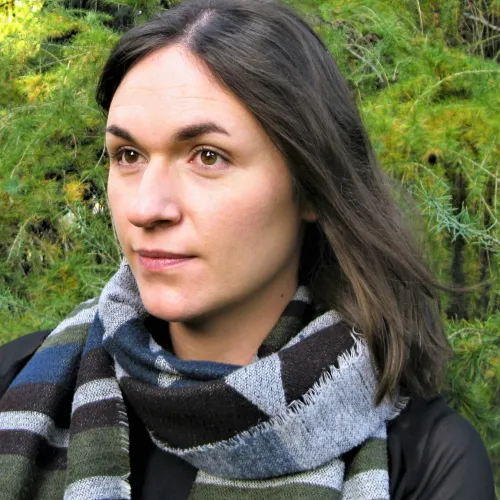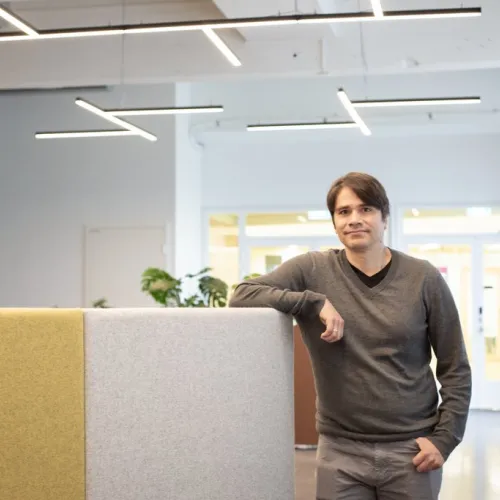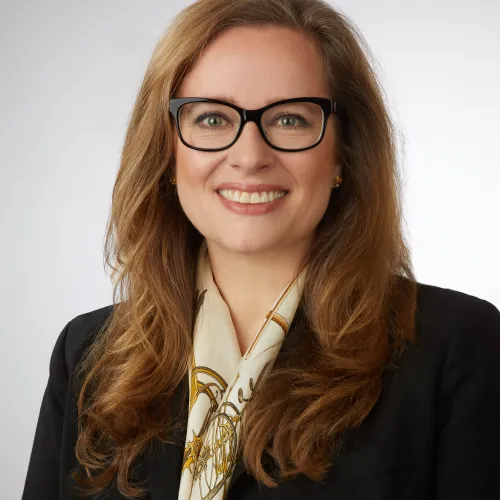Overview
The course explores how globalization, mobility of capitals, and sustainability challenges shape international business and entrepreneurship in diverse and evolving contexts. It provides an updated view to different business actors and contexts. This course equips students to navigate complex global challenges and drive sustainable, inclusive business practices and flourishing. It fosters critical thinking and global awareness essential for responsible management.
Study level
Master's course, suitable for postgraduates and PhD students.
Teacher
Maria Elo, Associate Professor, University of Southern Denmark
Aims and learning outcomes
- To be able to critically reflect and rethink theoretical lenses and assumptions and as well as ways of doing business in different contexts
- To develop an understanding on complex, multi-stakeholder and transboundary challenges
- To develop skills and competences needed for sustainable and legitimate managerial and entrepreneurial action
- To enhance entrepreneurial innovativeness and thinking, global mindsets and collaboration skills for problem solving across contexts.
Content and mode of study
- Content and mode of study:
• Intensive 4,5-day seminar (on-site teaching, Lappeenranta campus)
• Online lecture, exam: Monday 10/08/2026 (after the on-site course)
• Pre-seminar readings (30 hours)
• Group exercises and collaborative tasks
• Developing research skills (in situ)
• Final individual written essay and oral examination (20 hours) next to daily exercise submission
Total workload 80 hours.
Evaluation
- Daily participation with exercises that are uploaded to Moodle (group work and individual) (50%)
- Final assignment and oral examination (50%)
Evaluation 1-5
Study Material
Pre-readings (Before the course starts), shared in Moodle.
Vahlne, J.-E., & Johanson, J. (2013). The Uppsala model on evolution of the multinational business enterprise – From internalization to coordination of networks. International Marketing Review, 30(3), 189–210. https://doi.org/10.1108/02651331311321963
Knight, G. A., & Liesch, P. W. (2016). Internationalization: From incremental to born global. Journal of World Business, 51(1), 93–102. https://doi.org/10.1016/j.jwb.2015.08.002
Kolk, A. (2016). The social responsibility of international business: From ethics and the environment to CSR and sustainable development. Journal of World Business, 51(1), 23–34. https://doi.org/10.1016/j.jwb.2015.08.010
Santangelo, G., Phene, A., Coviello, N., Tung, R. L., & Felin, T. (2025). Microfoundations as a toolkit for international business research. Journal of International Business Studies, 56(6), 681-690.
Brown, R., Mawson, S., & Mason, C. (2019). Start-up factories, transnational entrepreneurs and entrepreneurial ecosystems: Unpacking the lure of start-up accelerator programmes. European Planning Studies, 27(5), 885–904. https://doi.org/10.1080/09654313.2019.1578332
Elo, M., Täube, F., & Volovelsky, E. K. (2019). Migration ‘against the tide’: Location and Jewish diaspora entrepreneurs. Regional Studies, 53(1), 95-106.
Tung, R. L., & Qin, F. (2025). Hyperglobalization at a crossroads: revisiting research on global mobility. Journal of International Business Studies, 1-9.
Prerequisites
This course is intended for students pursuing a master's degree. Previous courses in entrepreneurship, international business, and management are helpful but not required.















